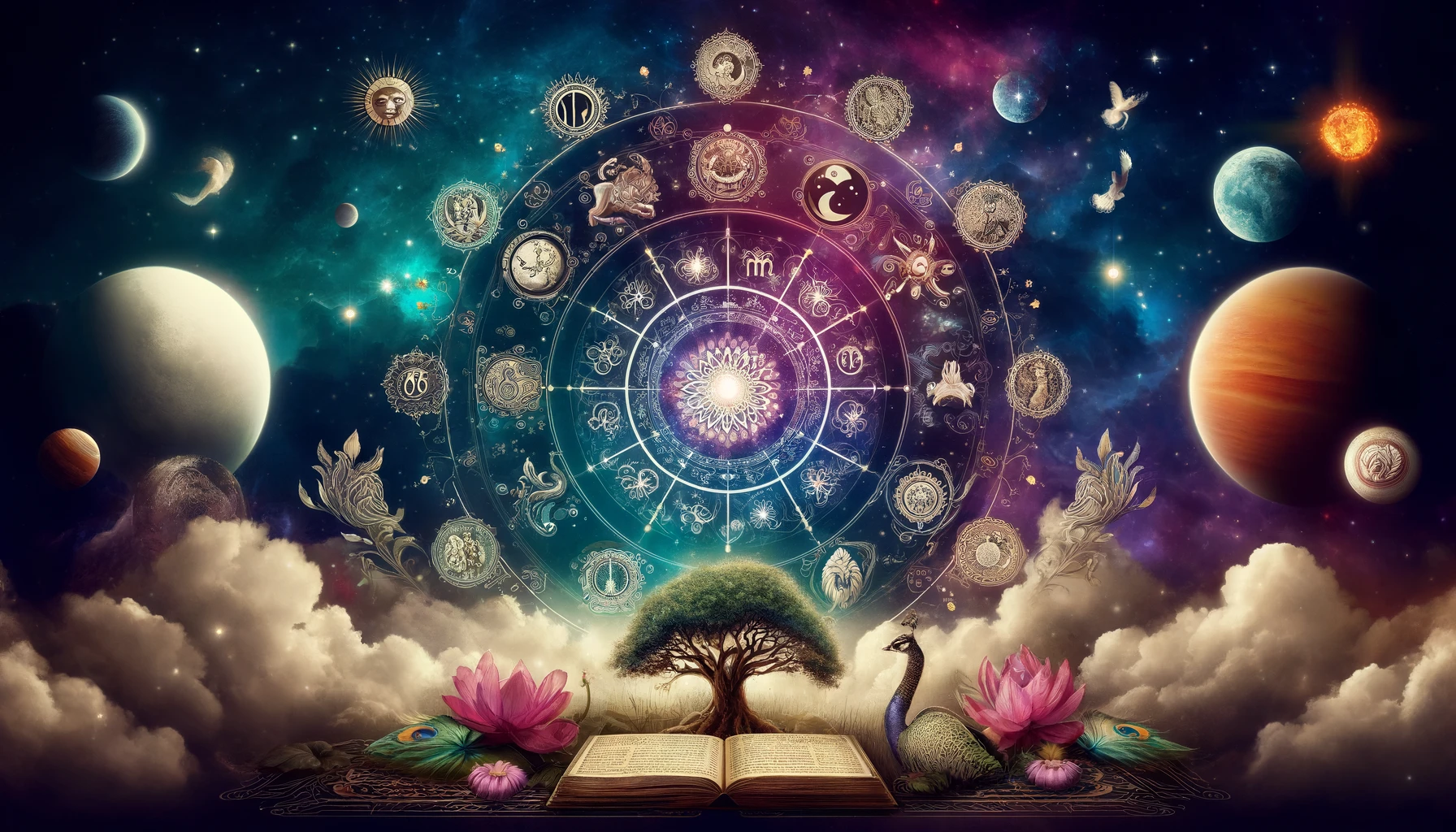Vedic Jyotish Series
This post is a part of effort to introduce Vedic Jyotish in simple terms for general public. Detailed information is available for Members in Explore Vedic Jyotish and Learn Jyotish sections.
Vedic Jyotish, also known as Vedic astrology or Hindu astrology, is an ancient system of astrology originating from the Indian subcontinent. “Jyotish” means “science of light” or “science of heavenly bodies” in Sanskrit. It’s based on the belief that the positions and movements of celestial bodies, such as planets and stars, can influence human affairs and natural phenomena.
Key features of Vedic Jyotish include:
- Planetary Positions: Vedic astrology considers the positions of celestial bodies at the time of an individual's birth, as well as their movements over time, to make predictions and offer insights into various aspects of life.
- Nakshatras and Rashi: Vedic astrology divides the zodiac into 27 lunar constellations or Nakshatras, each associated with specific traits and characteristics. It also divides the zodiac into 12 signs or Rashis.
- Dashas and Mahadashas: Vedic astrologers use complex systems of planetary periods called Dashas and Mahadashas to analyze the timing of events in a person's life. These periods are believed to correspond to specific planetary influences and can indicate periods of growth, challenges, or change.
- Yogas and Doshas: Vedic astrology identifies certain combinations of planetary placements called Yogas, which can indicate auspicious or inauspicious conditions in a person's chart. Doshas, on the other hand, represent imbalances or afflictions in the chart that may need to be remedied.
- Remedial Measures: Vedic astrologers often prescribe various remedies to mitigate negative influences or enhance positive ones in a person's life. These remedies can include wearing specific gemstones, performing rituals, chanting mantras, or making lifestyle changes.
Vedic astrology is deeply ingrained in Indian culture and continues to be widely practiced and respected, not only in India but also in various parts of the world. It is used for personal guidance, decision-making, matchmaking, and understanding life events. However, it’s important to note that like any form of astrology, Vedic Jyotish is a subject of belief and interpretation and is not supported by empirical scientific evidence.

